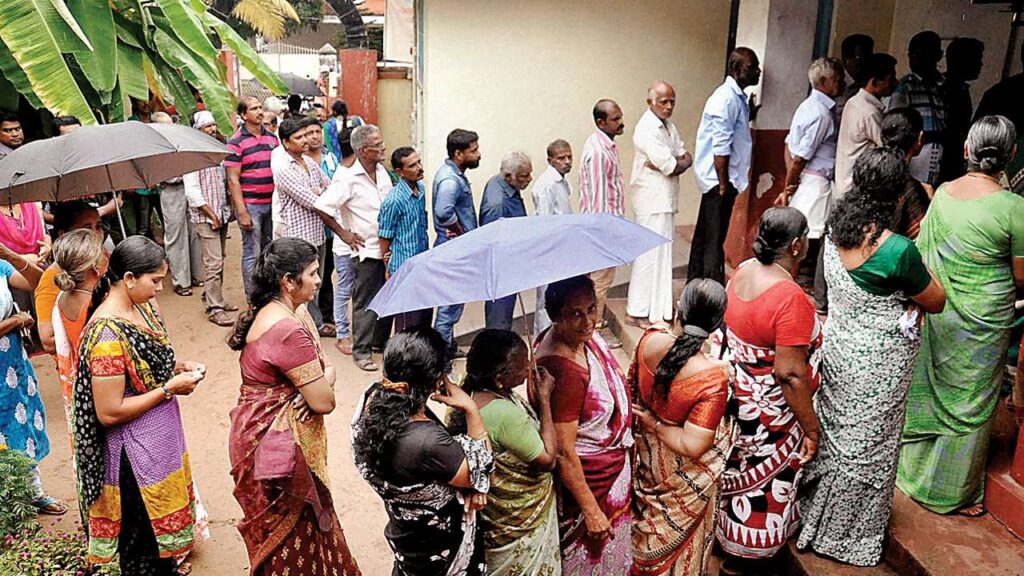
In Bihar, tensions arise within the NDA due to Chirag Paswan’s deal, potentially leading Pashupati Paras to resign from the Modi Cabinet. Karnataka gears up for two-phase Lok Sabha elections after 15 years, with a record 10-day gap between polling dates. BJP asserts EC’s extended schedule ensures fair elections, while Congress sees it as a BJP strategy for political gain.
Karnataka holds significance for BJP, being the sole southern state it governs and contributing 25 MPs to the Lok Sabha. BJP forms an alliance with HD Deve Gowda-led JD(S), with JD(S) winning one seat in 2019 and the other backed by BJP. Earlier, JD(S) allied with Congress.
Arvind Bellad, Karnataka’s Deputy Opposition Leader, sees elections as celebrating democracy, acknowledging the challenges in conducting them in such a vast democracy. He believes the extended schedule allows ample time for government and parties to prepare, including mobilizing security forces and campaigning.
PC Mohan, BJP MP candidate from Bengaluru Central, echoes Bellad’s sentiment, stating that the extended schedule is necessary for deploying security forces effectively. He dismisses any unusual significance attached to it.
In 2004, while national Lok Sabha polls took 21 days, Karnataka had two phases with a one-week gap between them.